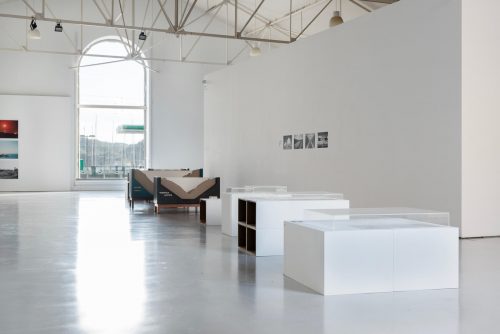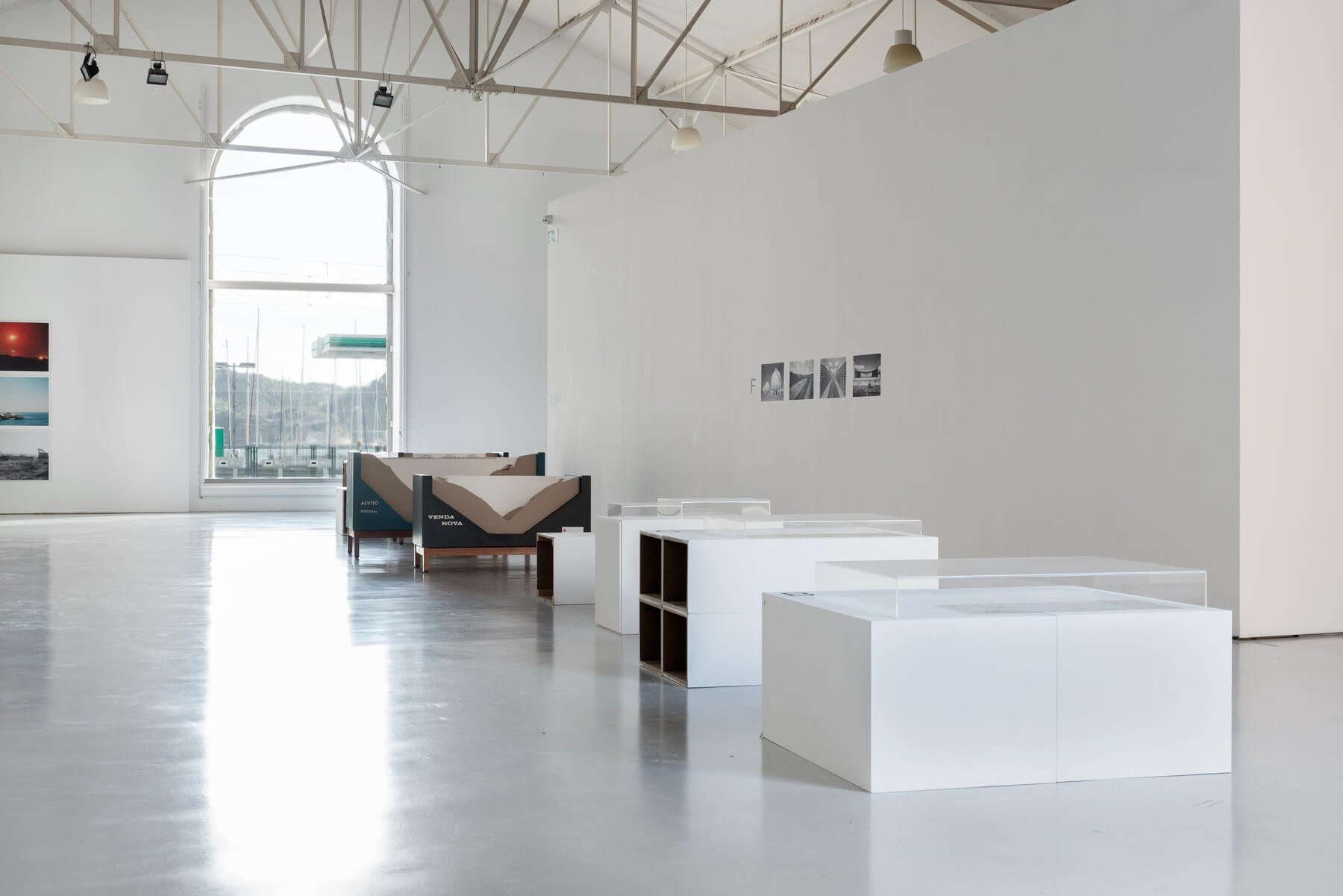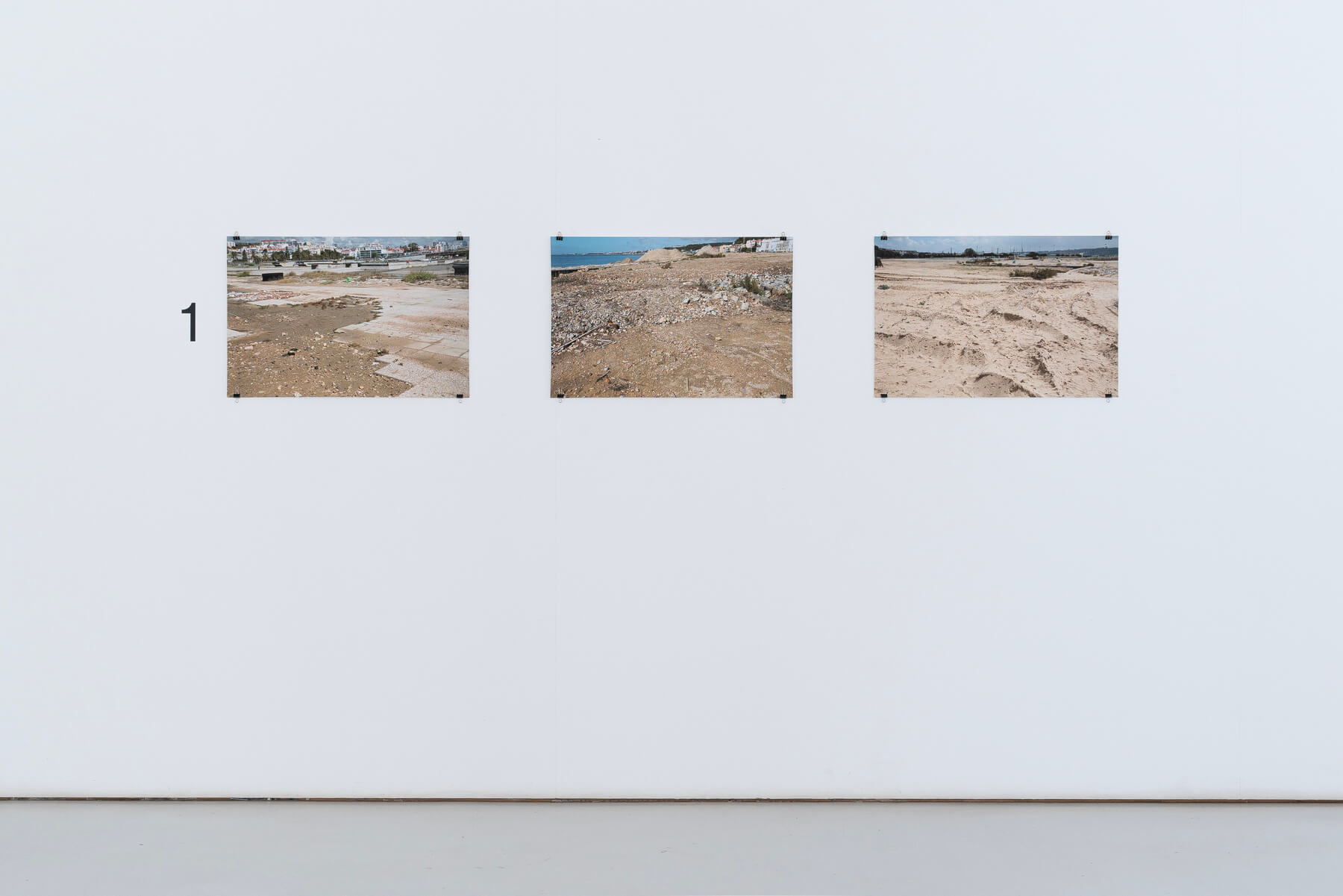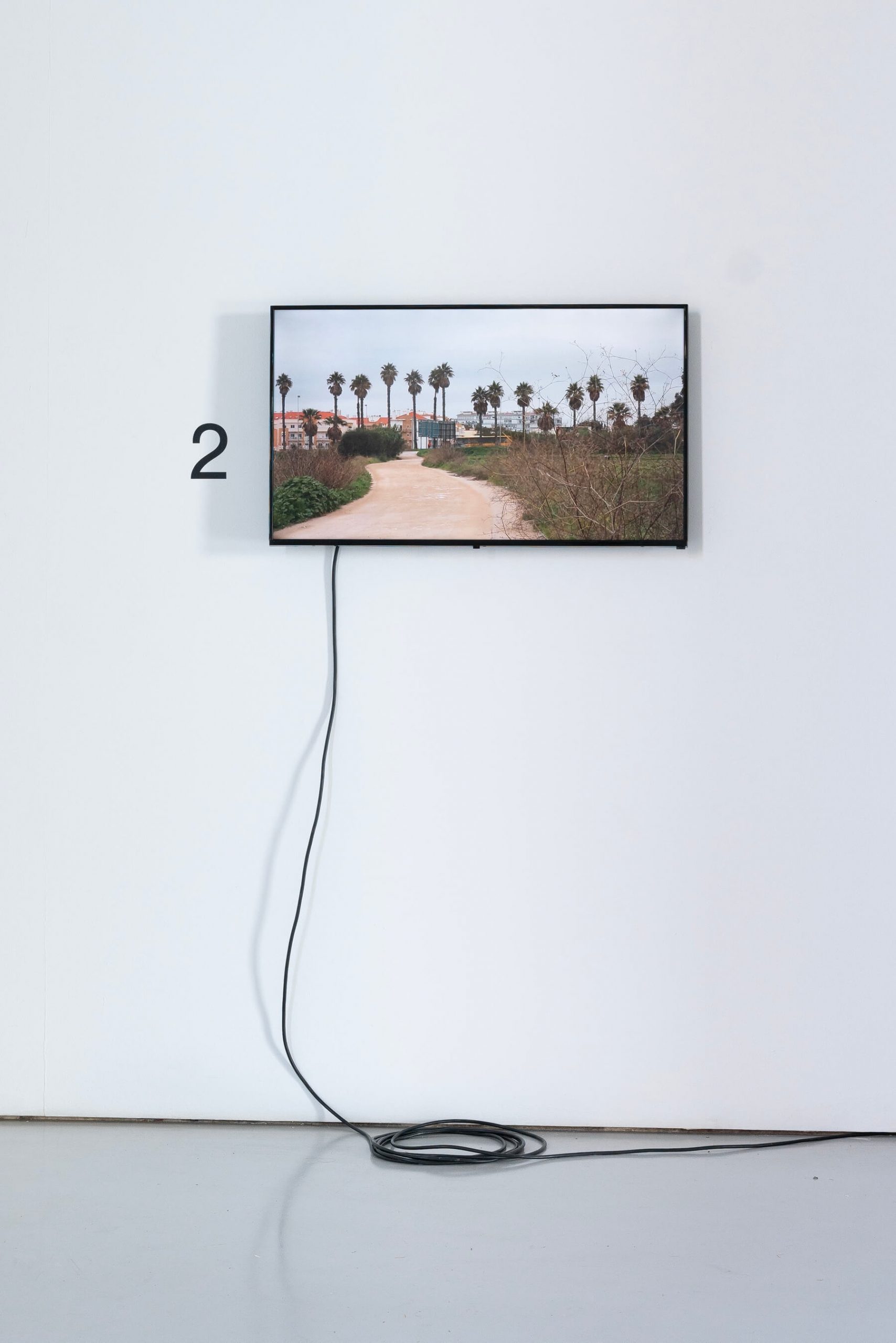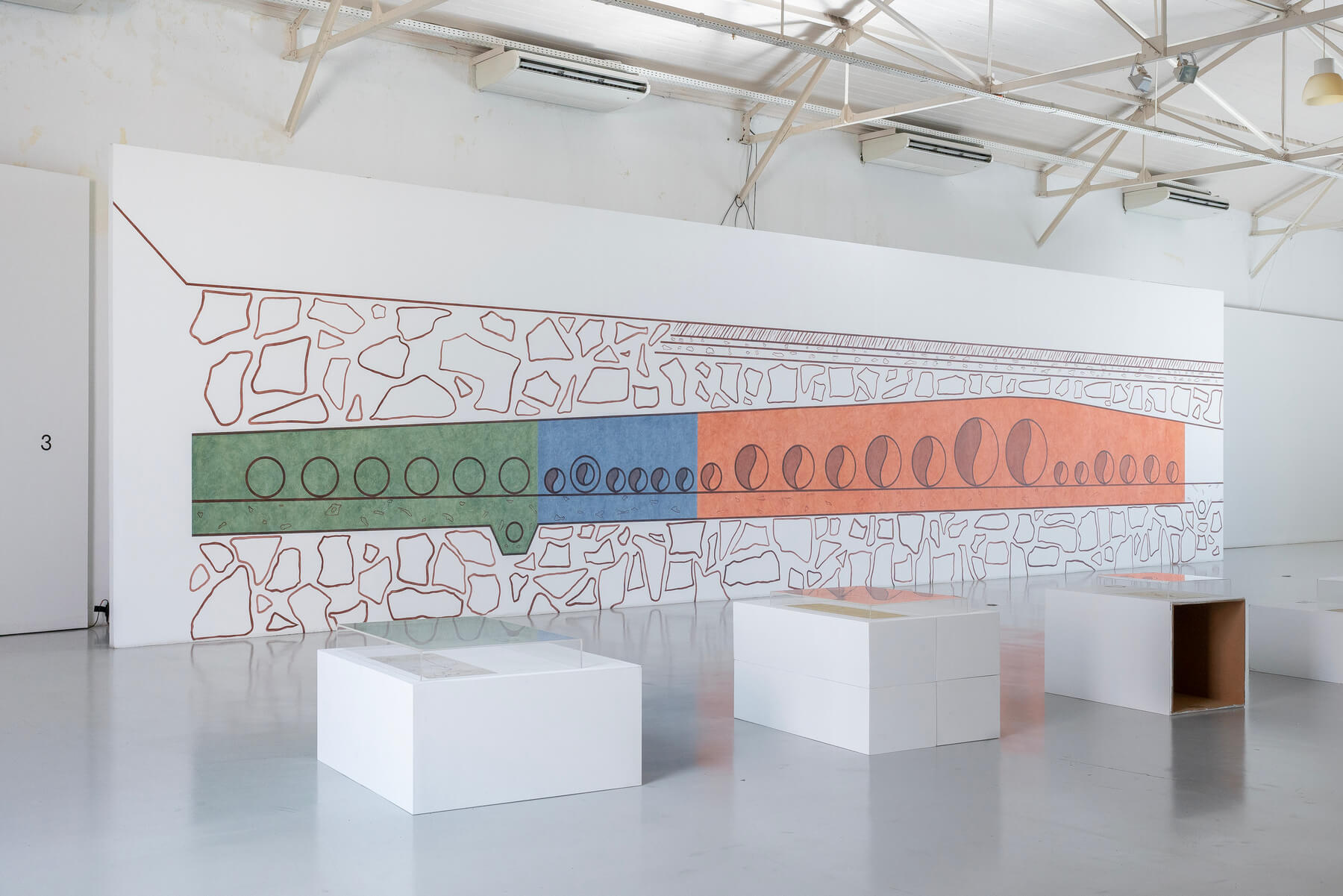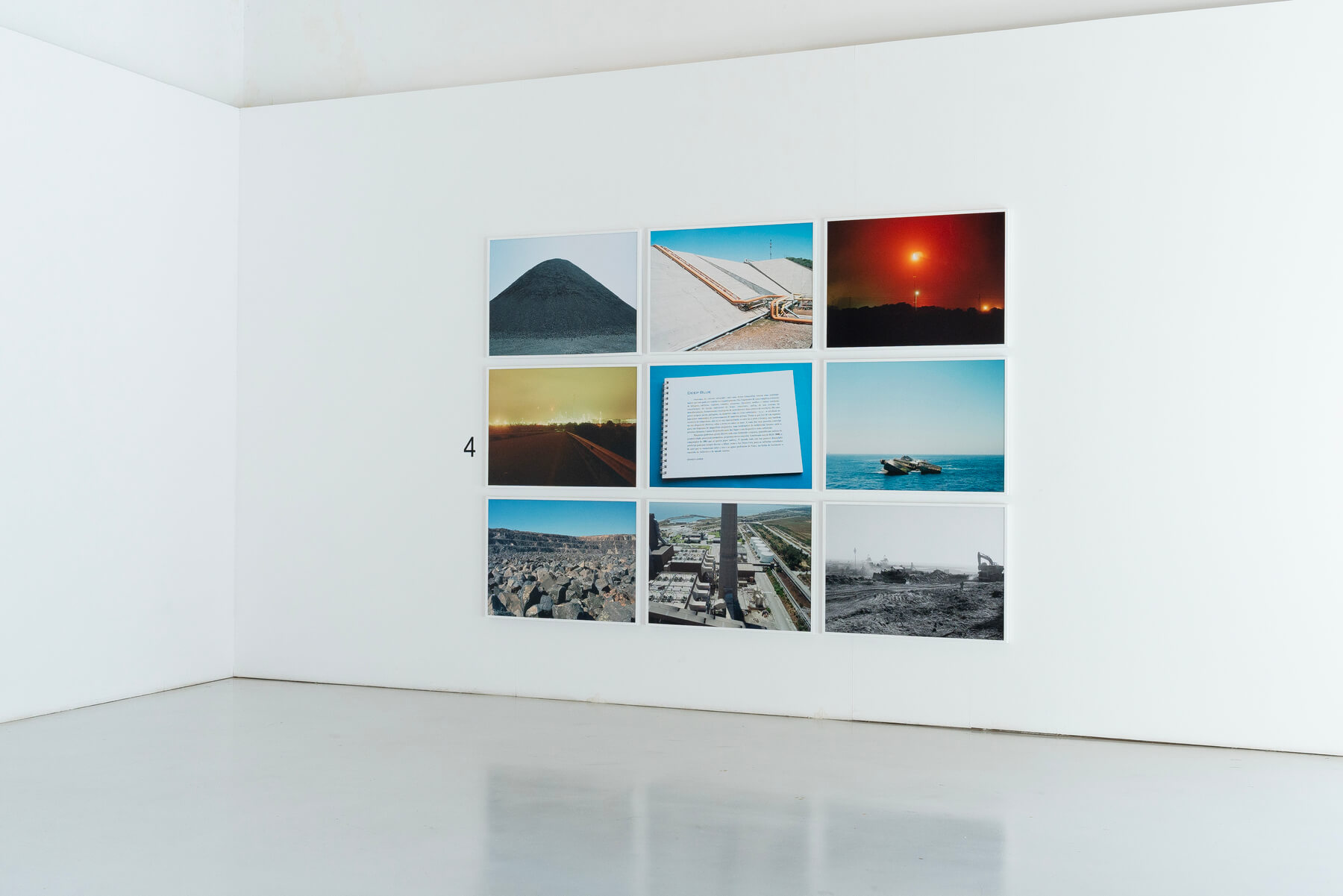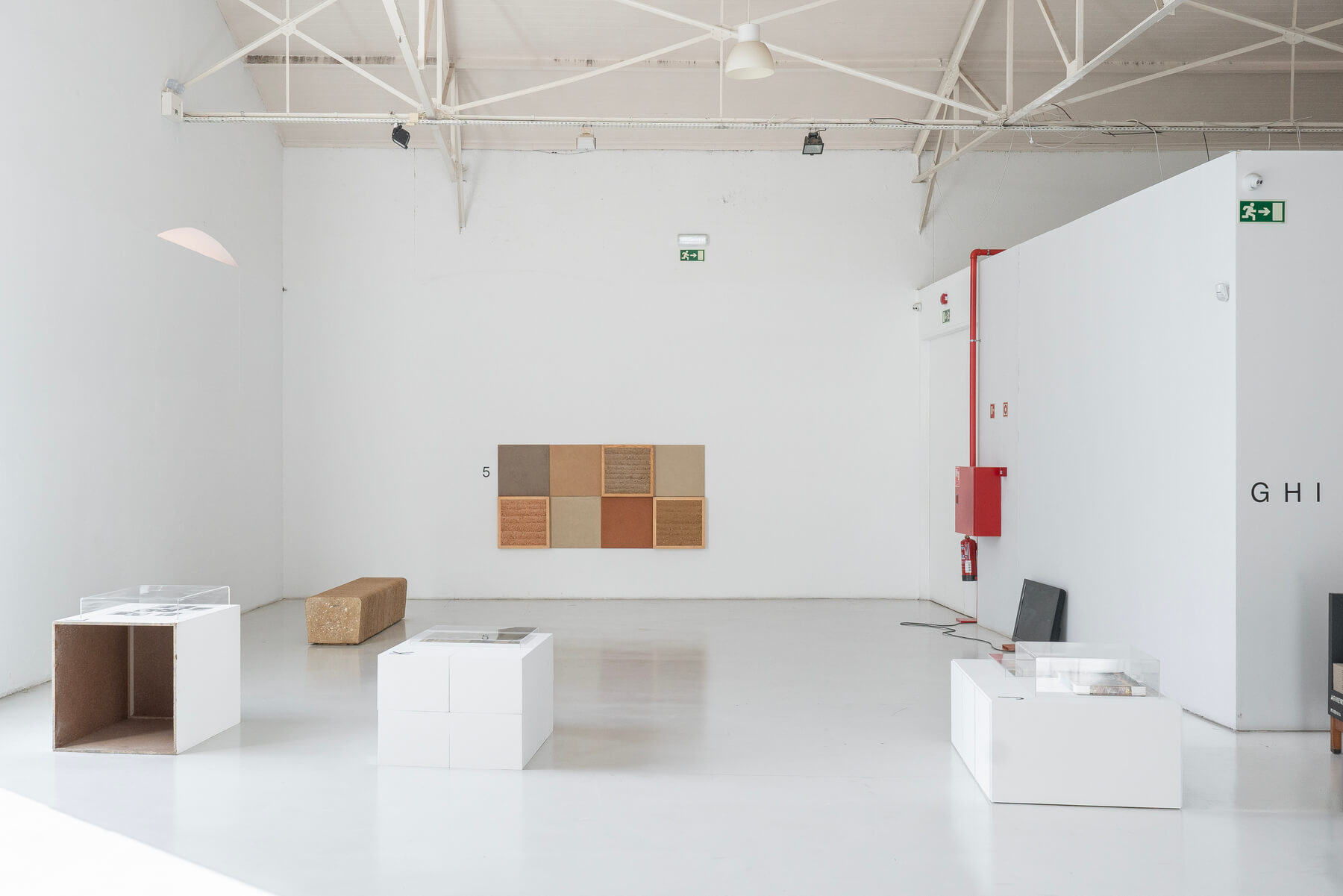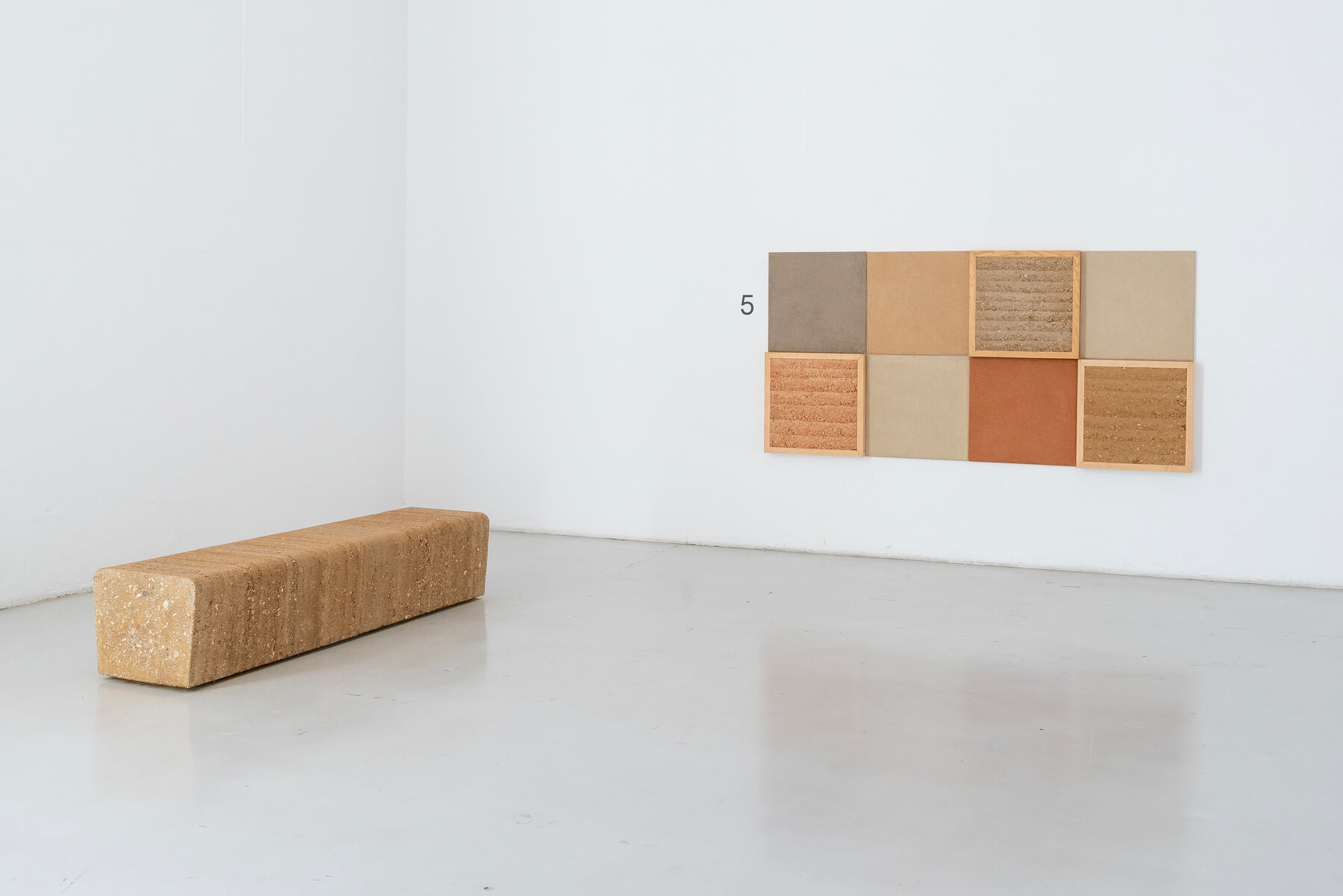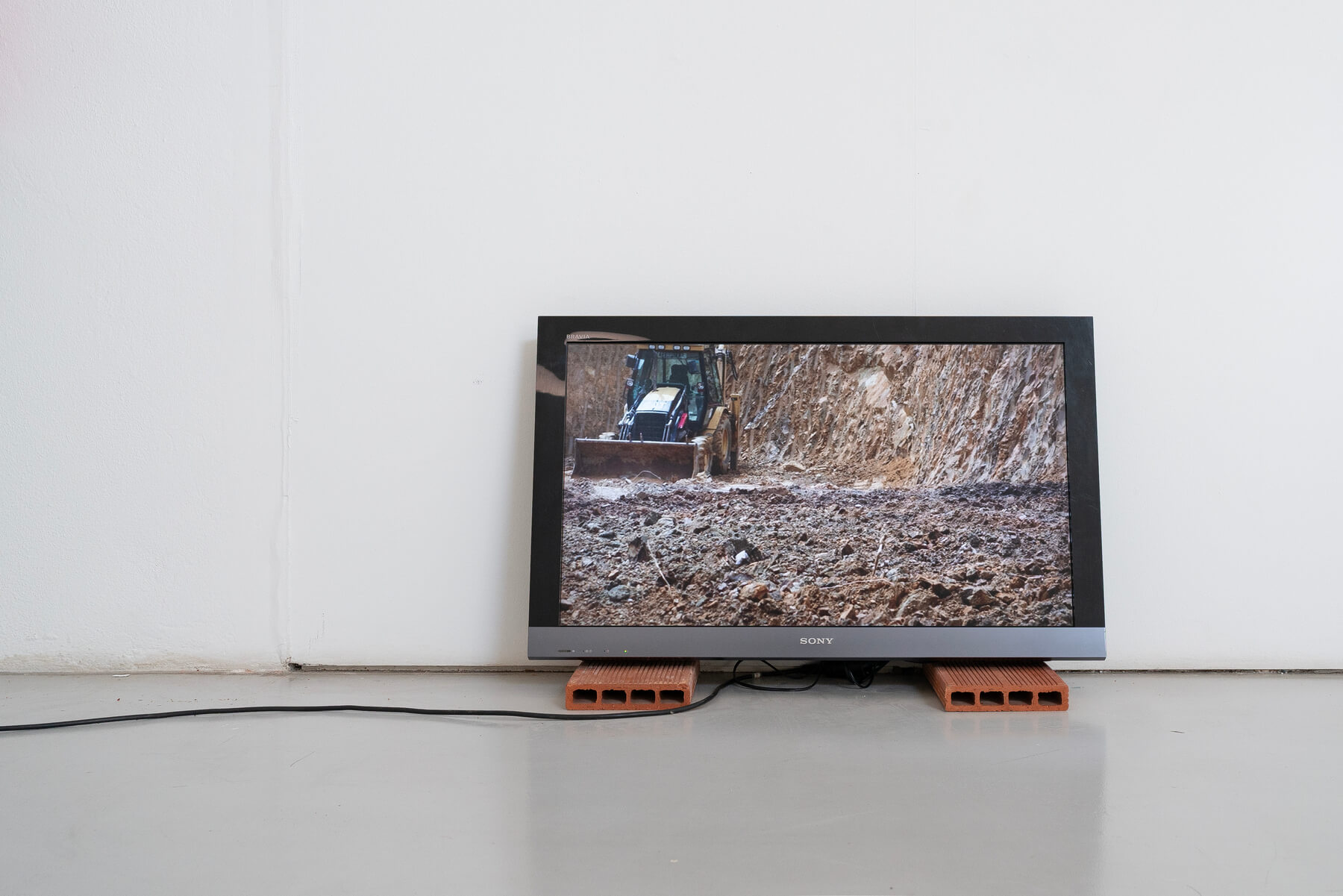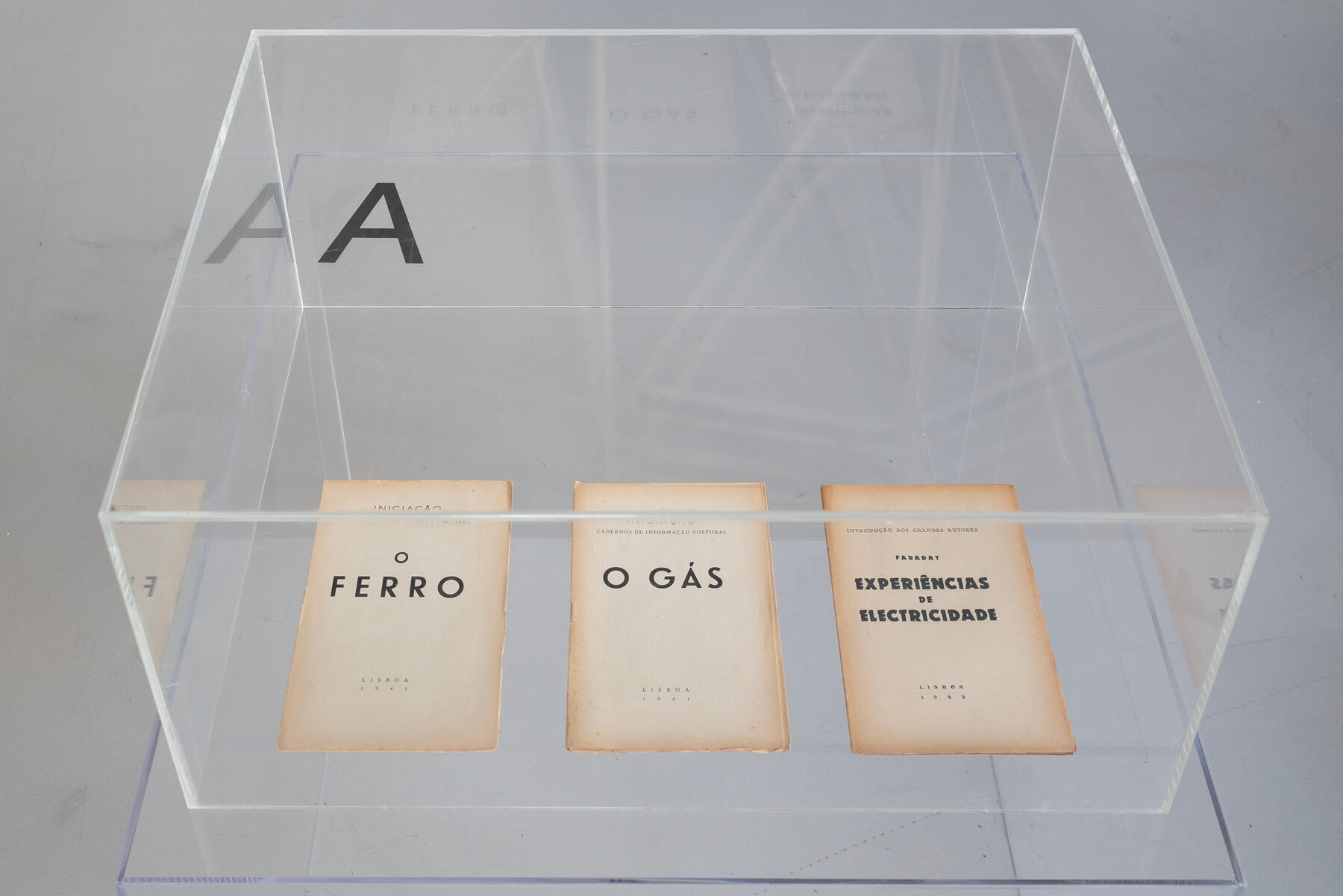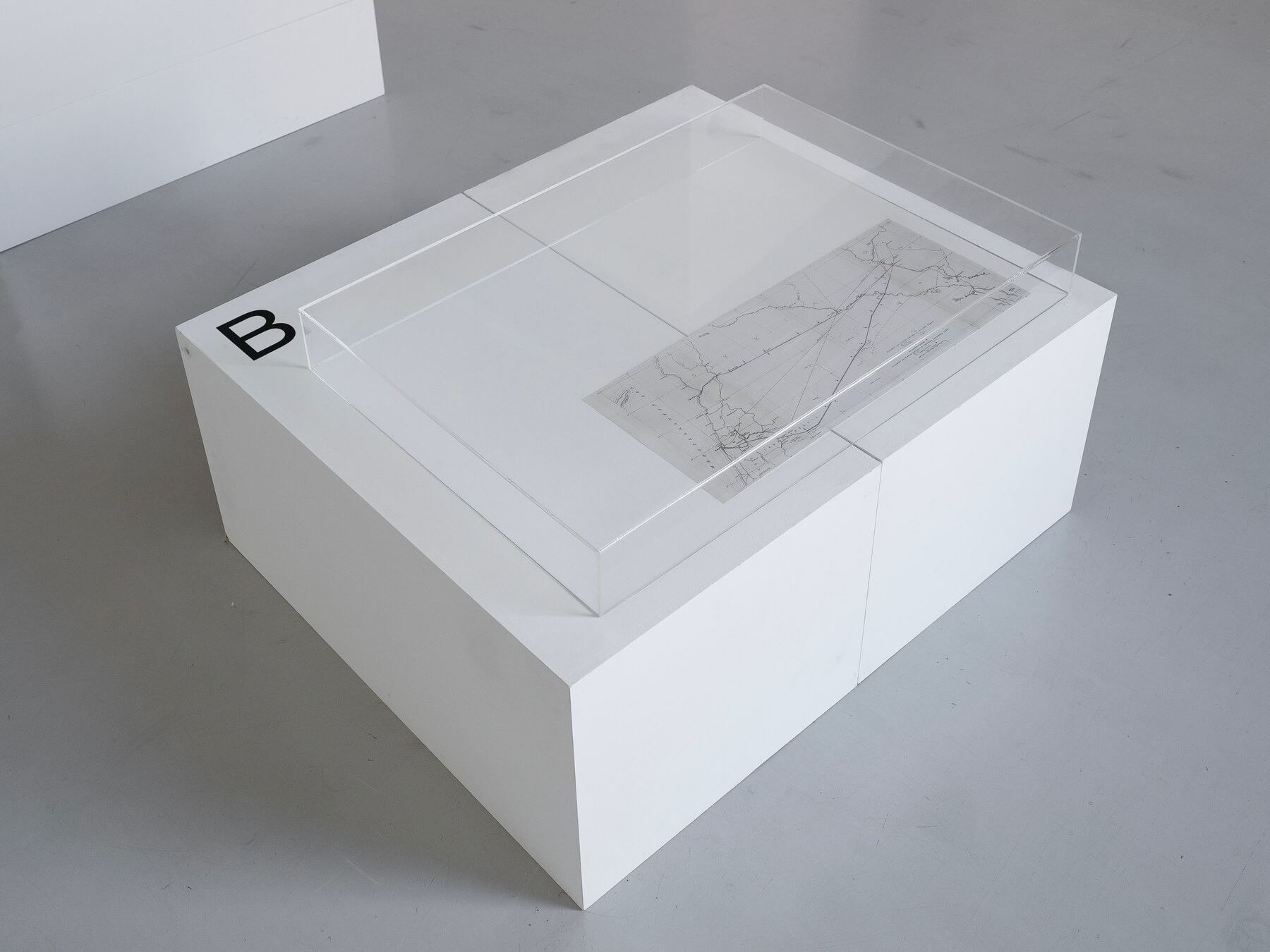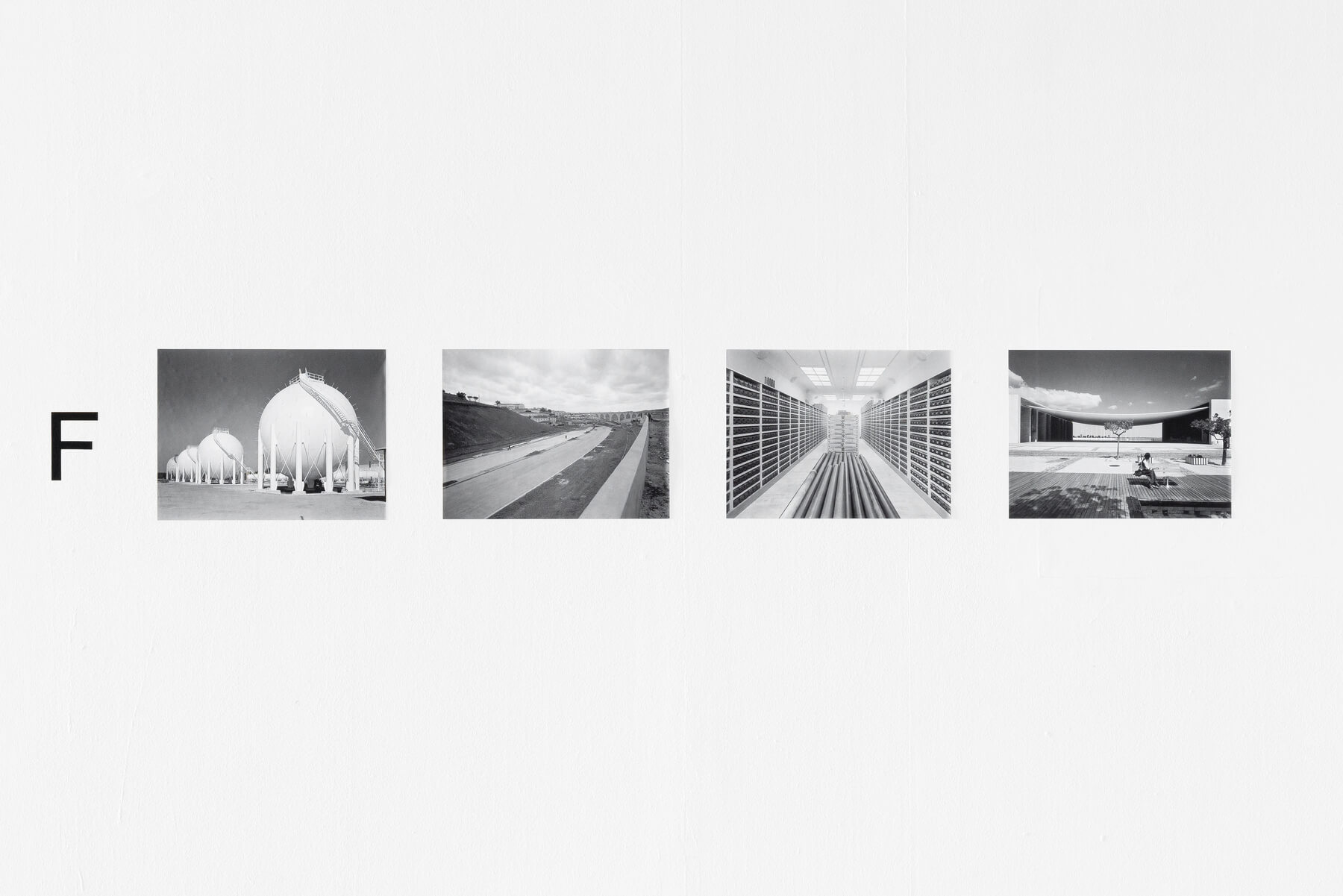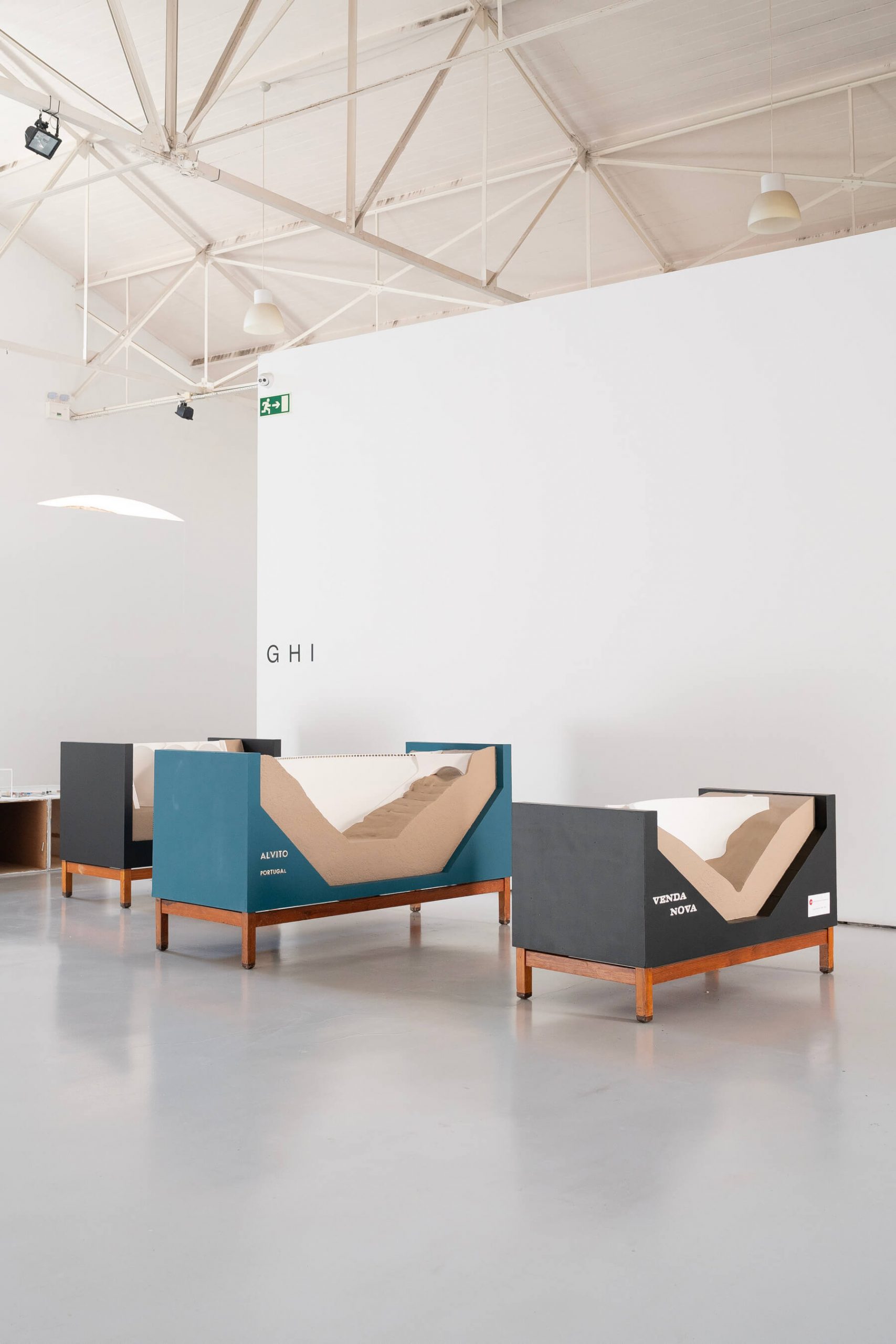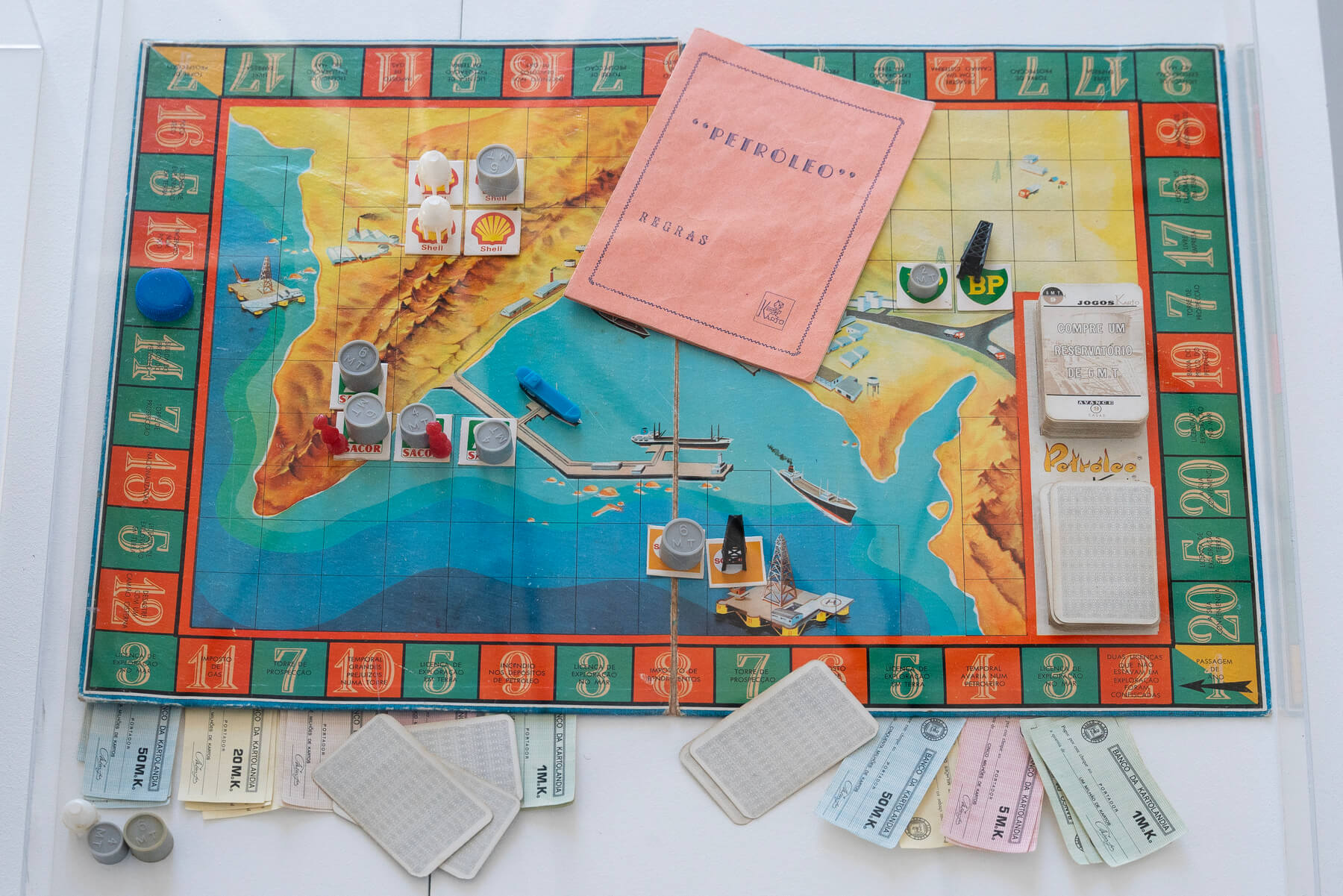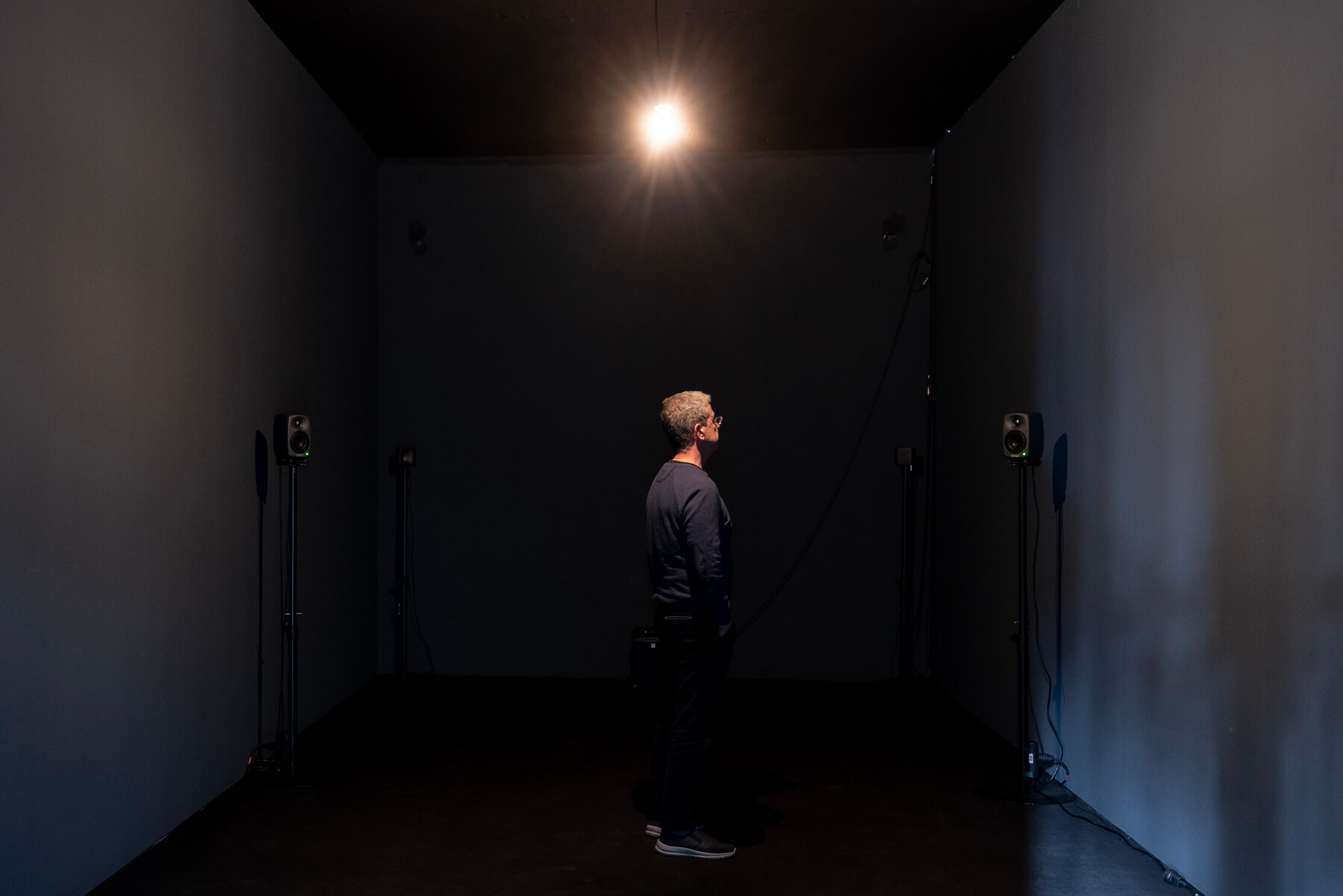– 12.02.2023
The exhibition Disquietude. Architecture and Energy in Portugal, curated by common room (Lars Fischer, Brussels, and Kim Förster, Manchester) addresses the entanglement between architecture and energy in the 20th century with a view to current transformations, using Portugal as an example. Invited by Galerias Municipais Lisboa, the exhibition is on view from 17 November 2022 to 26 March 2023 and will feature artistic, architectural, archival, and creative works that address the relationship between architecture and energy in a broader sense.
In the age of the Anthropocene, in which humanity acts on cycles and systems with all its power and capital, the interface between architecture and energy concerns more than solely operational or even embodied energy, or active and passive solutions. Considering the climate crisis, the phase-out of fossil fuels and the abandonment of the internal combustion engine, architecture has a mediating role; with its focus on alternative energies, architecture is also about socio-cultural rethinking.
The work of the two Portuguese Pritzker Prize-winning architects alone, Álvaro Siza Vieria and Eduardo Souto de Moura, provides concrete instances of how access to energy has shaped the built environment. Siza’s early projects in Matosinhos/Porto, its waterfront with Casa da Chá do Boa Nova and Piscina das Marés, and the boulevard connecting them both, commissioned by the oil industry, and Eduardo Souto de Moura’s design for the Foz Tua dam, are only a few examples.
In addition, the exhibition venue Galeria Avenida da Índia itself and its urban surroundings in Belém testify to how architecture and energy were negotiated, implemented, represented, and received. The urban area exposes the intensification of urbanization and modernization processes, densification, and land consumption, which also define the great acceleration since the 1950s.
This exhibition deals with different forms of knowing about the relationship between architecture and energy. Through individual contributions, three intertwined themes are exemplified: Petroleum-Urbanism, the relationship between fossil fuels and urbanism; Hydropower-Infrastructure, the mediating role of architecture in energy landscapes; Architecture-Metabolism, modern materials, processes, and technologies in buildings.
On display are existing and newly commissioned works by local and international architects and artists that address local issues in various ways of perceiving and representing energy, built and lived, each set in relation to archival material.
Forms of representation such as map, list, plan, section, sculpture, photography, composition, and installation offer multiple modes of reception to raise an awareness of a built environment in Portugal with its energy metabolisms, energy landscapes, and energy infrastructures.
The exhibition is dialogically conceived by common room in conversation and exchange with local stakeholders, and in relation to works on locally relevant issues. The exhibits are presented using already existing display structures and with only minimal interventions in the gallery space.
Documents from local, municipal, and private institutions and individual works from or about Lisbon and its energy hinterland, confront the audience with the challenges and perspectives we face today in an energy conscious engagement with architecture.
The exhibition is accompanied by a publication with essays by ateliermob, Lucinda Correia, João Duarte & Maria João Soares and Nuno Pinto & Iain Deas. Edited by Fischer and Förster, with graphic design by Geoff Han, this book will be published jointly by Galerias Municipais Lisboa and common room.
The exhibition is included in Terra, 6ª edição da Trienal de Arquitectura de Lisboa.
Biographies:
common room is an architectural practice that also includes publishing and curatorial work. It is collaborative platform based in New York City and Brussels.
Lars Fischer is an architect and a founding member of common room. He is currently teaching at the KU Leuven, Faculty of Architecture, Campus Sint Lucas, Brussels and the Peter Behrens School of Arts in Düsseldorf with a focus on the mediation of an ecological architecture.
Kim Förster is an architectural historian and currently Lecturer in Architectural Studies at the University of Manchester, where he is part of MARG (Manchester Architecture Research Group). His research and teaching deal with the ecological turn in architecture, environmental histories, cultures of energy and material transition, as well as an architectural humanities perspective on cement
– 12.02.2023

